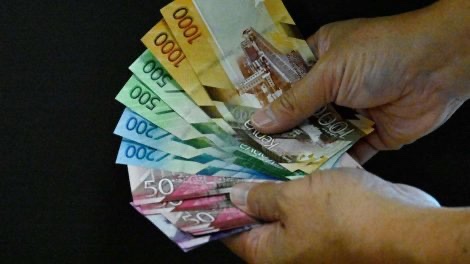This month Kenyan employees will get one of the biggest tax reliefs in over a decade as employers implement the new tax measures on Pay As You Earn (PAYE).
While making the proposals, contained in the Tax Laws (Amendment) Bill that MPs passed Wednesday, President Uhuru Kenyatta said the move would put more money in the pockets of Kenyans and cushion them against the negative impact of the coronavirus pandemic.
The new tax rates will be applied once the president signs the bill.
Those earning Sh24,000 and below per month are expected to get their salaries untouched by the Kenya Revenue Authority (KRA).
Initially, this tax exemption was only a preserve of those who were earning a monthly salary of about Sh13,486 and below. A significant number of Kenyans will benefit from this measure.
Previously, a salary of Sh24,000 attracted PAYE of Sh1,583. If you earn Sh30,000, you will save about Sh2,000; while those earning Sh40,000 should expect to save about Sh2,400 in taxes.
For those who make Sh50,000, expect your net salary to increase by Sh3,400, while the take-home pay for those making about Sh75,000 will rise by at least Sh4,500.
For those who earn Sh100,000, the new PAYE will allow them to save Sh5,800, while those making between Sh200,000 and Sh300,000 will save between Sh10,000 and Sh15,000 in taxes.
For those who earn half a million shillings, the savings will grow to Sh25,000, while those who earn Sh1 million will save Sh50,000. Those who earn between Sh1 million and Sh3 million will expect savings of between sh50,000 and Sh150,000.
TAX REGIME
That is not all, the tax relief has also grown by 70 per cent from Sh1,408 to Sh2,400. This means that on top of the drop in PAYE, one will also save an additional Sh2,400 in taxes in personal reliefs.
But these workings will depend on other factors such as the amount one contributes towards insurance and pension as well as mortgages or home ownership plan deductions. Other statutory deductions such as to the National Hospital Insurance Fund (NHIF) will also not attract any taxes.
Under the previous tax regime, taxable income was at graduated rates that ranged from 10 per cent to 30 per cent. The 30 per cent applied to any income above Sh564,709 per annum or Sh47,059 per month.
The scrapping of the 30 per cent rate now means that the maximum individual rate of tax will be 25 per cent. The rate will now apply on any income in excess of Sh425,666 or Sh35,472 per month if the taxable bands remain the same.
“The above changes will increase the taxpayer’s disposable income. Previously only income below Sh13,486 was exempt from tax, with the changes effectively doubling the tax-exempt income,” KPMG tax experts note in a report assessing the new tax measures.
“For a person earning a monthly income of Sh40,000, the change will result in additional take-home pay of approximately Sh2,600,” the KPMG report adds.
There's no story that cannot be told. We cover the stories that others don't want to be told, we bring you all the news you need. If you have tips, exposes or any story you need to be told bluntly and all queries write to us [email protected] also find us on Telegram

